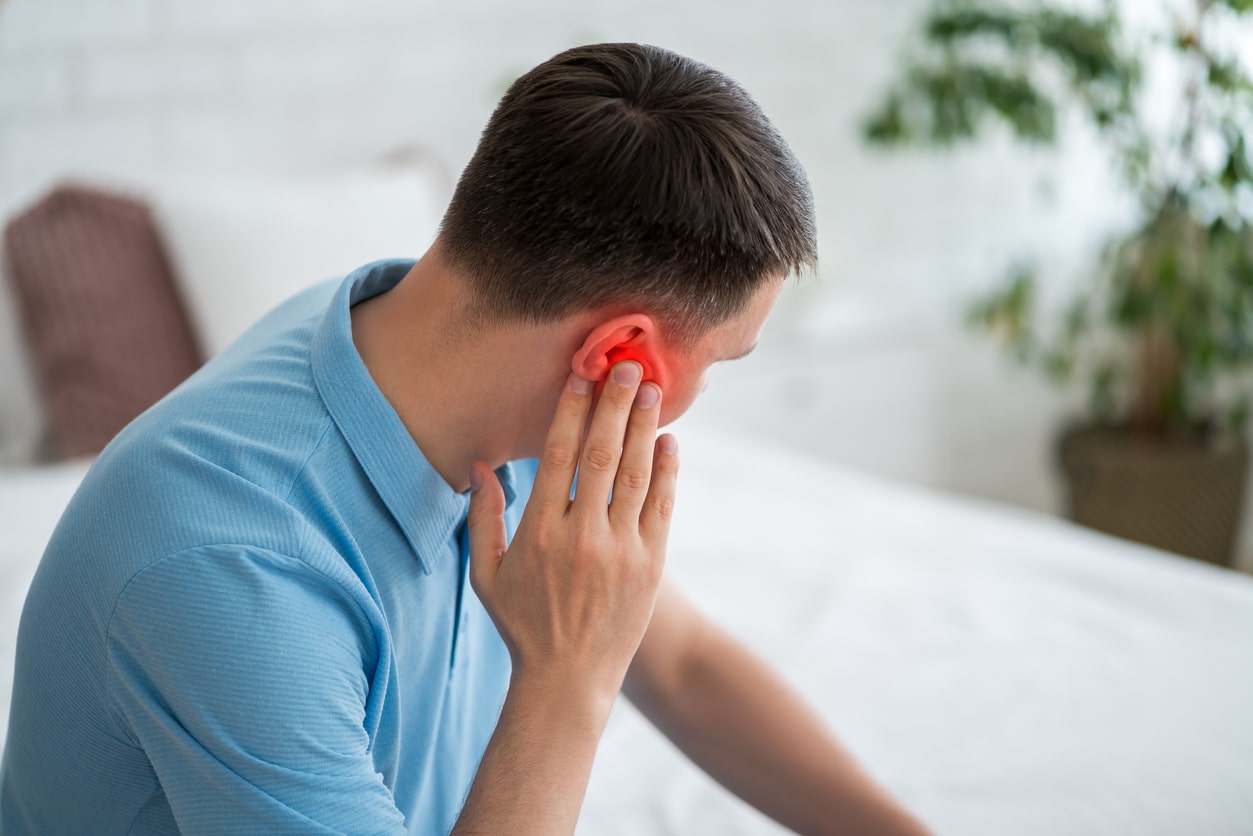Tinnitus is the perception of ringing, buzzing or other sounds in your ears without any external source. Sometimes, it can take the form of a rhythmic pulsing sound, known as pulsatile tinnitus. For some people, tinnitus is an occasional annoyance, lasting only a few seconds. For others, it’s a persistent challenge that disrupts sleep, causes irritability and makes it hard to focus. While tinnitus has no cure, hearing aids offer an effective way to manage its impact.
Three Ways Hearing Aids Help Manage Your Tinnitus

Three effective ways hearing aids may reduce your tinnitus symptoms include:
- External noise input. When you live with hearing loss (present in about 90% of tinnitus cases), your brain gets used to a lack of auditory input. With hearing aids, normal sounds like tweeting birds or smoothies blending at Sunset Island are reintroduced to your ears. This sudden influx of noise can help distract your brain from tinnitus symptoms.
- Stress management. Many patients report that stress contributes to their tinnitus. One study found that psycho-social stress is just as likely to create and worsen tinnitus symptoms as noise exposure. While hearing aids are not a direct stress-management tool, they help minimize the communication stress created by hearing loss. When you effectively reduce stress, it is less likely to trigger or worsen tinnitus symptoms.
- Sound masking. Sound masking is the practice of playing soothing noises (white noise, nature sounds, etc.) to distract the brain from tinnitus. Many modern hearing aids have programs built in that play white noise. If your devices don’t have this feature, you can try downloading a tinnitus sound masking app and playing the sounds through your hearing aids via Bluetooth®.
You can use hearing aids alongside other tinnitus masking tools like tinnitus retraining therapy, stress reduction exercises (mindfulness meditation, yoga, etc.) or cognitive behavioral therapy. Your tinnitus is unique, and your approach likely will be too.
How Do I Start Tinnitus Management?
If you already have hearing aids, explore their smartphone app for a tinnitus masking setting. Downloading a dedicated tinnitus masking app can be a great alternative when this option isn’t available. If you don’t have hearing aids, contact Aaron's Hearing Aid & Audiology Center to schedule a consultation with one of our trusted specialists.
